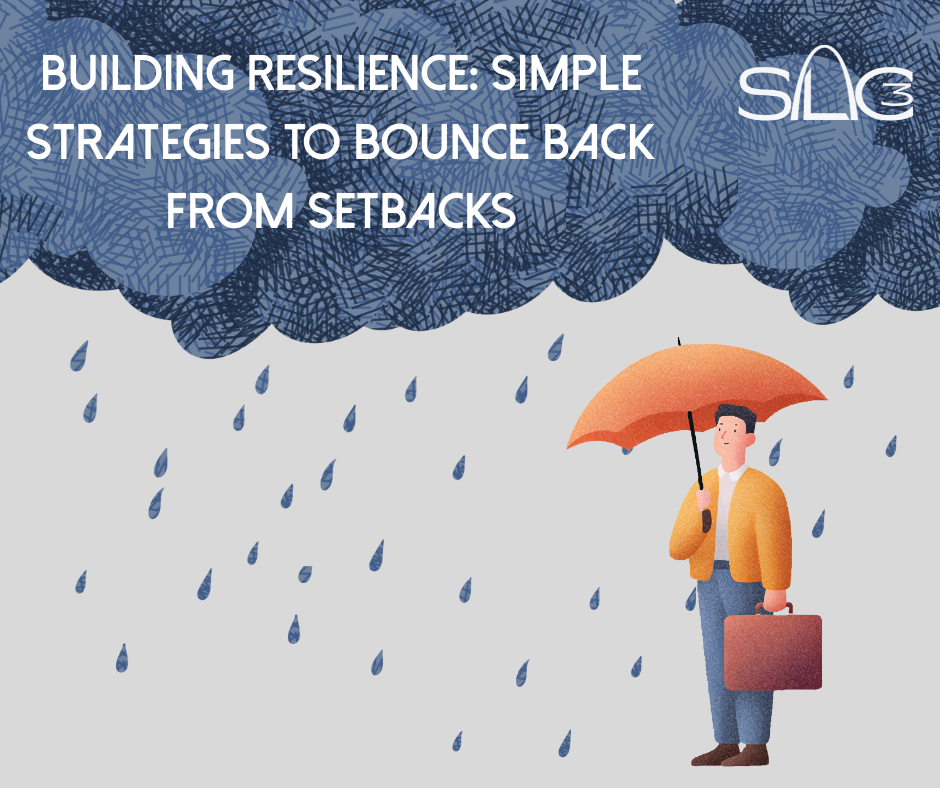Setbacks are an unfortunate part of life; missed deadlines, unexpected changes, or personal struggles. What defines success isn’t avoiding these challenges, but how well we bounce back from them. That’s where resilience comes in. Resilient people adapt, recover, and often grow stronger in the process.
Why Resilience Matters
Resilience helps us manage stress, protect our mental health, and maintain performance under pressure. In the workplace, resilient individuals inspire confidence and stability, especially during times of uncertainty.
Myths About Resilience
There’s a common belief that resilient people never struggle or that resilience is something you’re simply born with. Resilience is a skill! And like any skill, it can be learned and strengthened over time.
How to Build Resilience
Practical strategies make a big difference:
- Reframe setbacks as opportunities to learn.
- Prioritize self-care through rest, healthy routines, and movement.
- Lean on support networks—mentors, peers, or friends who provide perspective and encouragement.
- Stay flexible and open to change, even when plans shift unexpectedly.
Resilience at Work
In professional settings, resilience shows up in simple ways:
- Using feedback as a growth tool rather than criticism.
- Responding to delays or obstacles with problem-solving instead of frustration.
- Leaders modeling adaptability and calm, which encourages teams to do the same.
Resilience doesn’t mean avoiding hardship, it means finding ways to recover and move forward. Start by practicing one new strategy this week and notice how it shifts your perspective on setbacks.






